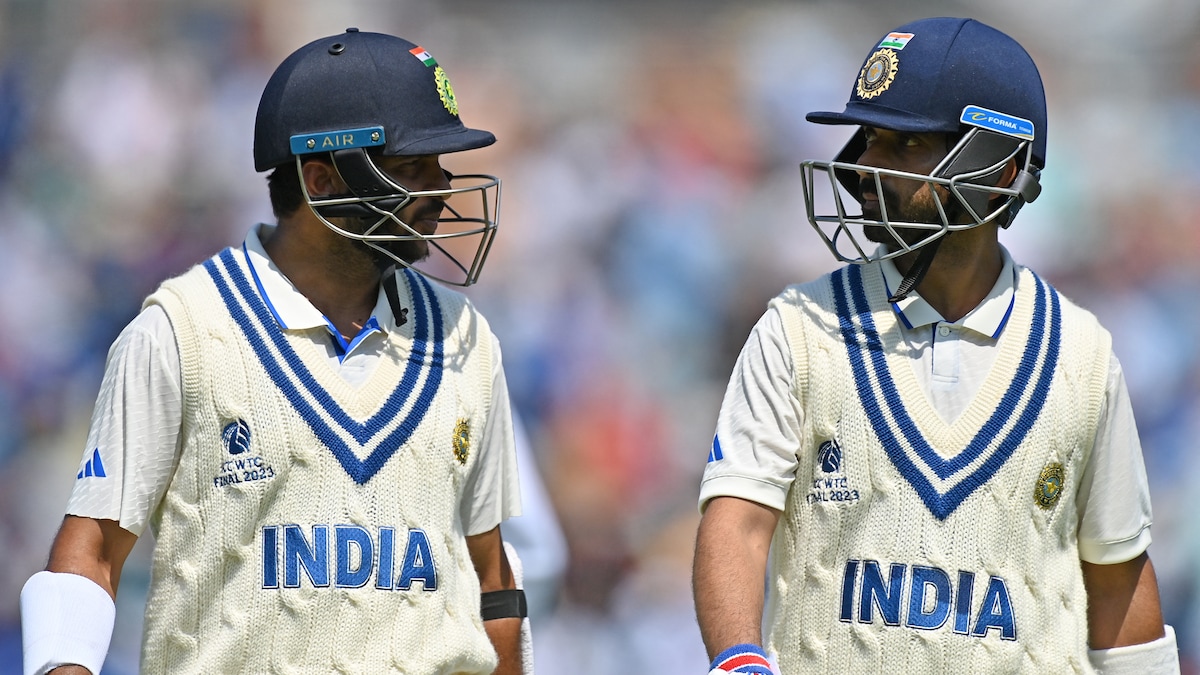Shardul Thakur‘s sizzling 109 and Tanush Kotian‘s unbeaten 74 offset R Sai Kishore‘s six-wicket haul, putting Mumbai in command by powering them to a 207-run first-innings lead over Tamil Nadu on the second day of the Ranji Trophy semifinal on Sunday. Ultimately, Mumbai won the match by an innings and 70 runs. Thakur, meanwhile, admitted that an international comeback for India is not on the cards despite his maiden century across formats. “I think international comeback is far from now because the Test team is out already for the fifth game (against England) and after this we are going into the IPL.
“It’s far, I am not thinking that far. But yes, scoring a century is a big, big relief and also it was very important for the team at that point of time,” he added.
Shardul Thakur on Sunday said that the BCCI will have to relook next year’s Ranji Trophy schedule as playing 10 matches with just three-day gaps between games could lead to injuries to players. Thakur said it’s difficult for players to adjust to the three-day gap between knockout matches, which was not the case earlier. “B”It’s difficult because we are playing first-class games in (a) three days’ gap – that has never happened in Ranji Trophy season ever,” Thakur told the media here after making a fine century in the semifinal against Tamil Nadu.
“You know the schedule is becoming tighter and tighter. If boys keep playing like this for two more seasons, there will be lot of injuries across the country. “Next year, they (the BCCI) have to re-look at it and give more break,” he added.
He said few years back players got more days in between matches in Ranji Trophy.
“When I remember playing Ranji Trophy back in the days, good 7-8 years back, (the) first three games used to have (a) three-day break and then it was (a) four-day break and knockouts were played on five-day breaks.
“Now this year, we have seen that all the games have been played on (a) three-day gap. It is extremely tough on domestic players to expect them to play ten games in a row with just (a) three-days gap if (a) team makes it to the finals.
“Also, when nine teams were in the group, one team would get a break in (the) round-robin system. Now only eight teams being in one group, everyone plays each other, so that break has gone now,” Thakur added.
Thakur backed his statement by citing the example of his team Mumbai, which has had to juggle between available resources.
He agreed that the current scheduling has not left enough time for the pacers to recover.
“Yeah, 100 per cent because Mohit (Avasthi) also had an injury in the sixth game,” he said.
Avasthi was rested from the league stage contest against Chhattisgarh by Mumbai as he is also believed to have developed a hamstring-related issue.
“He played five games in a row. He had a huge workload because Tushar (Deshpande) was also selected for India A. He was not available. Dhawal (Kulkarni) was playing alternate games, looking at his age and workload. Royston (Dias) is fairly new,” said Thakur.
“He (Mohit) operated a lot in those first five games and then he had an injury so he had to miss a game. I think that is because there is not enough spacing between the games,” Thakur added.
Tamil Nadu skipper R Sai Kishore, who has led his side into Ranji Trophy knockouts for the first time in seven years while also crossing the 50-wicket mark this season, agreed with Thakur.
“A few players feel the same thing. Fast bowlers are extra tired because you travel on one day. For me, I don’t train much because of the three-day thing,” Sai Kishore said.
“I bowl directly match-to-match so the load on my body is fine. I don’t strain myself in training pre-match. I am managing myself that way but should be harder for the fast bowlers,” he added.
Topics mentioned in this article






